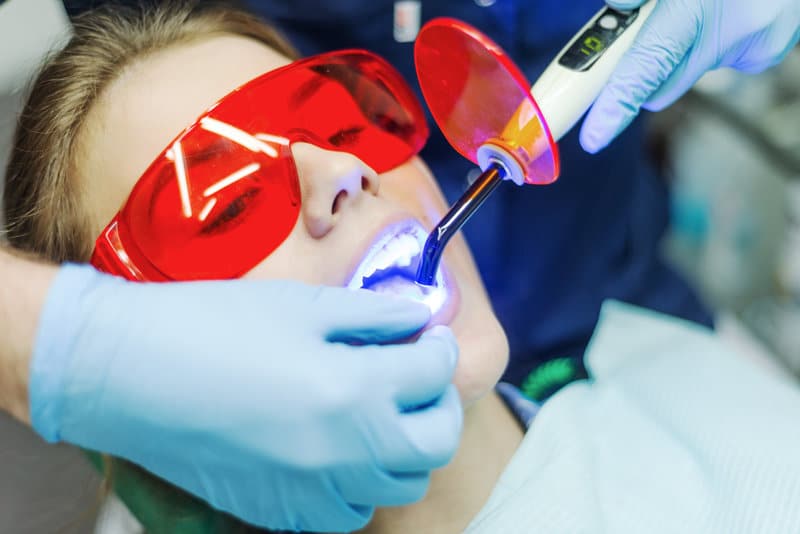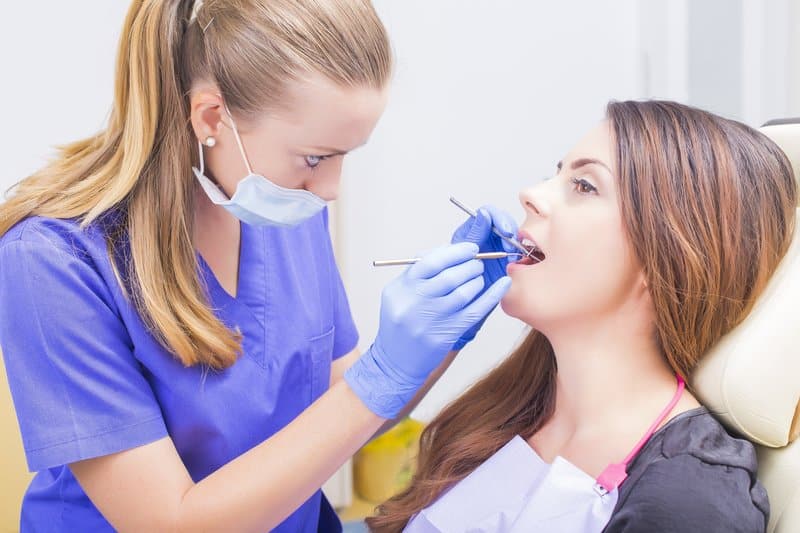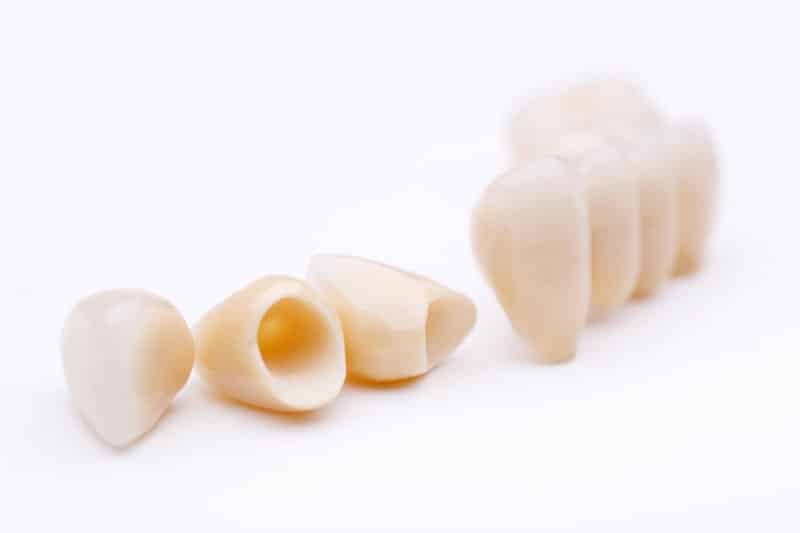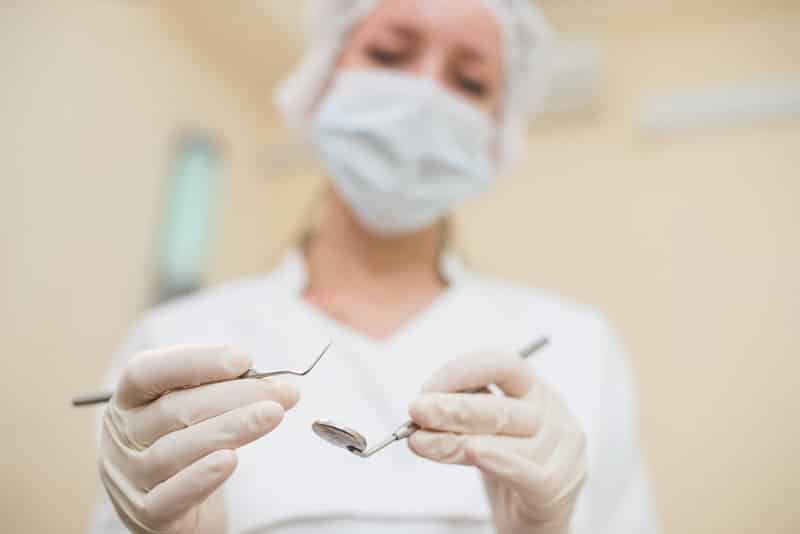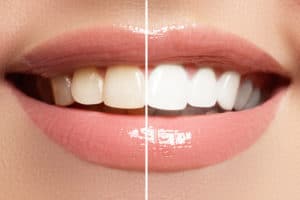Can You Benefit from a Dental Sealant?
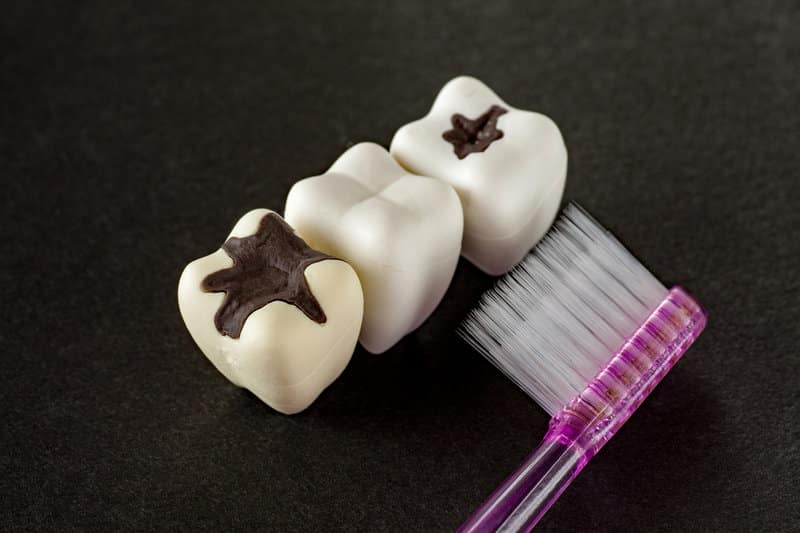
Each and every patient runs the risk of developing tooth decay, especially if proper oral hygiene habits are not established or followed. If your tooth is showing signs of developing a cavity, a dental sealant may be perfect to prevent one from forming. A dental sealant is usually a clear or white, thin plastic coating that Dr. Ania applies to a patient’s tooth. This sealant “seals” away the sensitive parts of your tooth and protects your enamel from further decay caused by food, plaque, and bacteria. If you are prone to cavities or want to simply prevent cavities from forming in hard-to-reach areas of your teeth, you should invest in dental sealants! Let us show you the advantages of dental sealants and how they can protect you from tooth decay for up to 10 years!
Tooth Decay Is a Chronic Disease
Did you know that tooth decay is the most prevalent chronic disease amongst children and adults? This comes from a report from the Centers for Disease Control and Prevention. Most people don’t realize that tooth decay—better known as “cavities”—is a disease at all. However, a “disease” is defined as a “disorder of structure or function in a human,…especially one that produces specific signs or symptoms or that affects a specific location and is not simply a direct result of physical injury.
Tooth decay is caused by plaque. This is an acidic substance made from the bacteria in your mouth mixed with sugars in the foods you eat. That plaque sits on your teeth and erodes away your hard tooth enamel until it can seep inside your tooth and decay the soft center. The key to avoiding tooth decay is to brush and floss your teeth daily, see your dentist for cavity detection and care, and receive a dental sealant.
How Do We Detect Your Cavity?
Dr. Ania’s office uses all of the latest technology to ensure that your mouth can be the healthiest it can be. We utilize lasers in our office to help reverse damage caused by gum disease. Laser dentistry is an incredible advancement in the field that allows us to deep clean and remove gum tissue that has been diseased by bacteria. Laser light is not only effective at combating gum disease though. It is also used to help detect cavities that are present in your teeth. In the past, we had to rely on probing tools and x-ray imaging to detect cavities. However, with x-rays, we could only detect tooth decay once it had become large enough to show up in an image. With probing tools, we can detect areas of sensitivity, but they are not the most effective for detecting cavities.
With laser light, we use the principle of lightwave reflection to detect tooth decay in a tooth. When this laser light is pointed at a tooth, that tooth will either absorb or reflect the light. For a healthy tooth, the laser light will easily pass through the tooth. However, when there is tooth decay present, the light will be reflected. Laser cavity detection is amazing for decreasing your chances of extensive oral procedures because we can catch decay in its early stages. In fact, we can tell the exact size, shape, and location of a cavity using laser light. This means we can catch tooth decay when it is very tiny, making it easy to provide you a cavity filling.
Preventing Tooth Decay with a Dental Sealant
Dental sealants are excellent tools for avoiding cavities. A dental sealant is a thin, plastic coating that Dr. Ania puts all over your tooth. The molars and premolars are the teeth that most need a dental sealant, as these are the ones that do most of the chewing. Your front teeth are more for biting and ripping food, while the back teeth are used to chew. The molars are also the teeth that most commonly have cavities. According to the American Dental Association, a dental sealant can reduce your risk for a cavity by up to 80%.
When you receive a dental sealant, it will bond to your tooth and seal away all the grooves and cracks of the teeth. That will prevent plaque and other acidic substances from eroding away your tooth enamel. These are areas where food can more easily become trapped, and where a toothbrush may have a harder time cleaning. A dental sealant will also help prevent tooth decay from happening inside the tooth that commonly leads to root canals and more extensive procedures. Your dental sealant can last you up to 10 years if you take care of your teeth properly.
The Key to A Healthy Mouth
When it comes to avoiding tooth decay and keeping a healthy mouth, prevention is always key! Many major diseases and chronic conditions can be avoided if you take proper care of your oral health and overall wellness. Creating and following healthy oral health habits will work wonders for avoiding oral health problems. Receiving a dental sealant for a tooth can help protect your tooth enamel and prevent tooth decay from happening. Plus, these sealants last many years! If you want to give yourself the highest chance of avoiding cavities, invest in a dental sealant today. Simply call Dr. Ania’s office at 303-443-0998 to schedule your appointment!


